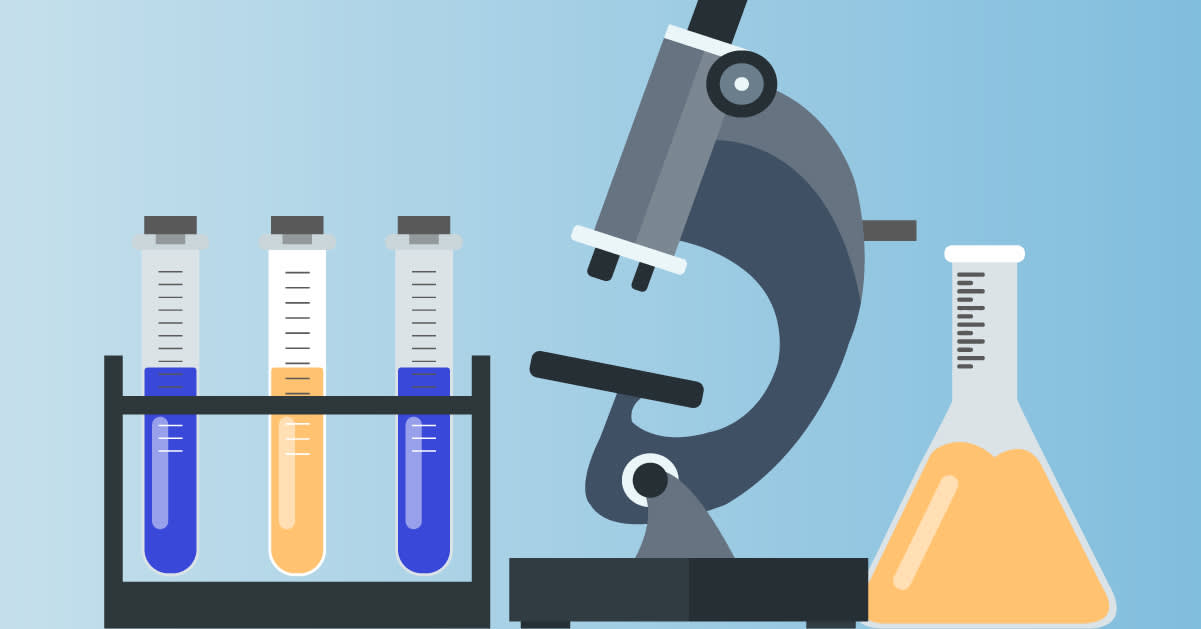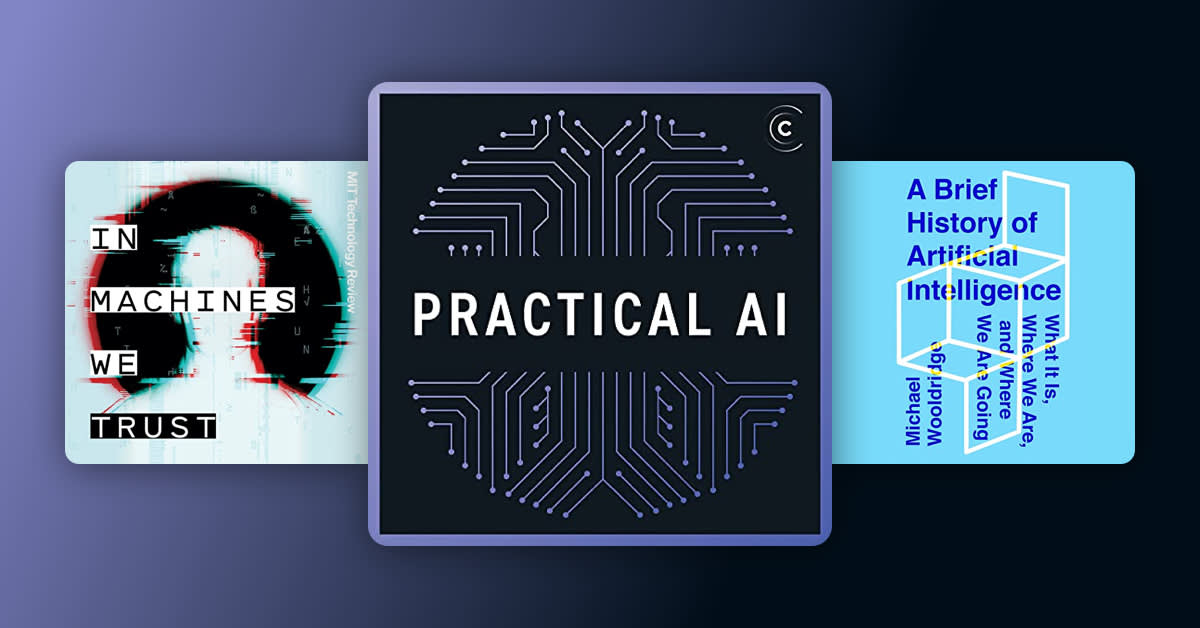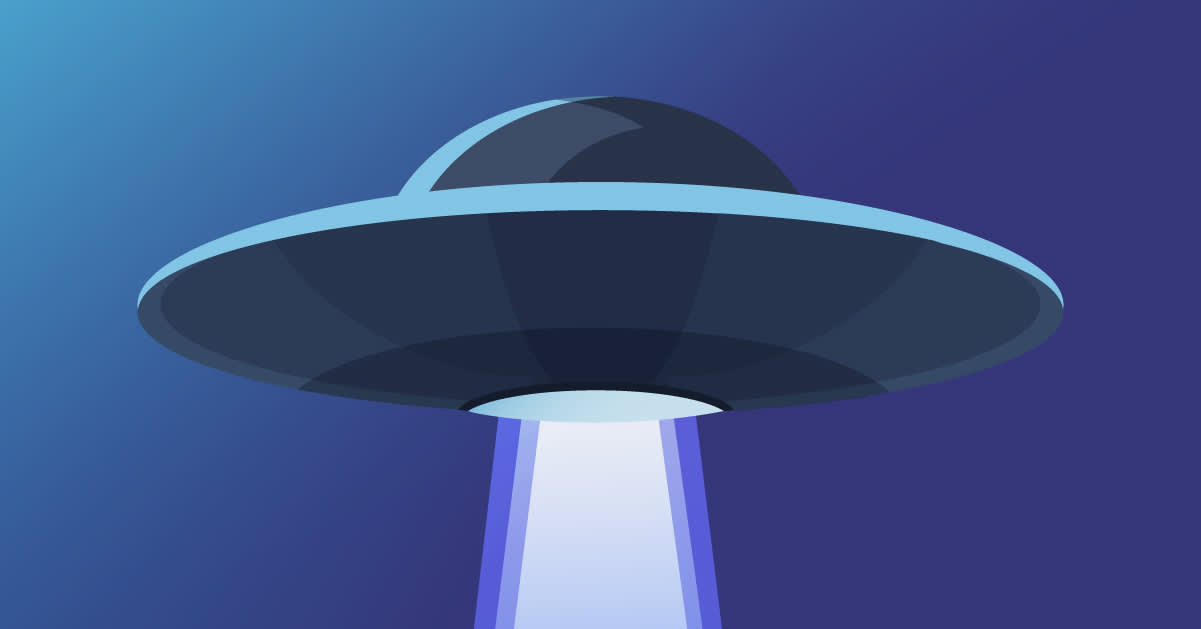While you might listen to audiobooks to be entertained, there are also a host of works intended to be purely educational. We chose the best science audiobooks on this list for the fact that they are both. These selections not only bring important perspectives on some of the most pressing scientific issues of our time—they’re also written and performed with a refreshing clarity that makes them easy to swallow and entertaining to the end.
Listens for understanding science as it relates to humans:
While the title of this selection may seem a bit confusing, thanks to the work of master narrator Derek Perkins, the audiobook itself is the opposite. In clear, captivating language, Yuval Noah Harari dissects the crises that humans have encountered and overcome throughout history and uses what he uncovers to predict the problems that are most likely to plague us in the future. It’s the type of disruptive thinking that takes a real genius to come up with, let alone to get it all down in language the listener can understand. But with Harari’s exacting articulation and Perkins’s award-winningly clear narrative style, Homo Deus distills a vast quantity of information into a wonderfully straightforward portrait of human progress.
Bill Bryson is frankly one of our favorite nonfiction audiobook authors and performers, thanks to his consistently surprising investigations of what might otherwise be considered conventional topics. In The Body, he turns his innovative thinking style on human anatomy, guiding you through your own body in ways you never experienced in the science classes of your childhood. Bryson approaches the human body from all angles, discussing little-known facts (if you laid your own DNA end to end it would stretch beyond the orbit of Pluto), seemingly superhuman occurrences (as in the case of a flight attendant who survived a 33,000-foot fall), and the distinct and devastating ways that society is harmful to the bodies of many (like Americans, who shoot one another at an astronomically higher rate than any other country). Clever writing accompanied by the author’s witty delivery make this a genuinely delightful learning experience.
The tale of Henrietta Lacks (or rather, of her now-immortal cells) is not only a fascinating scientific story, but also a disturbing account of exploitation and injustice in the American research system. Though Lacks died a poor tobacco farmer and lies in an unmarked grave, her cells—taken without her knowledge—have since been bought and sold by the billions. HeLa cells have helped develop vaccines and advance research toward cancer cures, gene mapping, and more...yet the Lacks family hasn’t received any of the profits. Author Rebecca Skloot worked for more than ten years to learn the true story of the HeLa cell study, and narrative partners Campbell and Turpin (both acclaimed members of the Narrator Hall of Fame) do an excellent job of imbuing her research with the gravity and importance the case deserves.
In this powerful, visionary work, acclaimed roboticist and researcher Dr. Ayanna Howard draws on cutting-edge research and her own experience as one of the few Black women in the field of robotics, to explore how internal racial and sexual biases are starting to affect artificial intelligence. This episodic listen also delivers an important warning about the future of our tech while offering an uplifting message about empowerment and where we need to go next—think of it as How to Be an Antiracist, but with AI—and is voiced by groundbreaking performer Amandla Sternberg.
In this 2017 Audie Award Finalist, Siddhartha Mukherjee writes his profile of human genetics and its many bewildering, frustrating mysteries from a perspective of incredible personal significance. "Madness, it turns out, has been among the Mukherjees for at least two generations," says the author, via the appropriately emotional narration of Dennis Boutsikaris. It is the Mukherjee family’s pain, frustration, heartbreak, and fear that drives this stunningly personal and comprehensively well-researched profile of the study of human genetics. As a result, the audiobook is moving as well as interesting and informative, leaving you impacted not only by Mukherjee’s impressive research, but also by his resilient refusal to allow his life to be determined by anyone but himself.
Few people really understand how influential the gut is on the health of the human body. In Gut, Giulia Enders lays out matter-of-factly how that influence manifests itself, from obvious connections like obesity and heart health to less automatically evident relationships like those between gut health and suicide. Performed with invigorating energy by Katy Sobey, Gut delves thoroughly into the science of the digestive system without veering, as many works on the topic do, into pseudoscience or preachiness. Instead, Sobey does an excellent job of communicating Enders’s refreshing sense of humor that keeps this entry as entertaining as it is informative right through to the end.
Talking to Strangers is one of Malcolm Gladwell’s characteristic deep dives into a facet of human psychology—this time, targeted at the reasons that humans misunderstand each other. From small interpersonal mixups to major mischaracterizations, Gladwell’s central thesis is that we do not fundamentally know how to talk to strangers. This audiobook offers listeners a front-row seat as he attempts to learn what’s wrong with our interpersonal relationships. He not only narrates, but also includes interviews with other scientists and audio clips from real-life infamous events, like the roadside arrest of Sandra Bland, and reenactments of famous court transcripts. With Gladwell in your ear, you’ll be able to follow along as he analyzes these materials and pairs them with his own research to try to understand where humans fail to connect.
Over the course of medical history, cases of extreme neurological disorders with shocking, strange symptoms had often been derided as instances of pure madness. But in The Man Who Mistook His Wife for a Hat and Other Clinical Tales, neurologist Oliver Sacks lends a compassionate authority to these patients on the margins, explaining how people can forget who they are, lose their ability to recognize objects, develop a savant skill, and more. In an unusual move, Sacks states in his narrated introduction that most of the science in the audiobook is by now out of date. However, he explains—and we agree—that it’s still relevant for its radically destigmatized approach to the unfamiliar. When coupled with the steady, warm performance of Hall of Fame Narrator Jonathan Davis, the result is a revealing look at the human brain, while encouraging an empathetic brand of scientific curiosity that would do the world good to adopt.
In Thinking, Fast and Slow, Daniel Kahneman manages to pin down abstract thought science and organize it in a miraculously simple way, without sacrificing what makes it fascinating. Kahneman explains that we think using two systems: fast thinking (to make split decisions, to pull our hand away from something hot, etc.) and slow thinking (to pull context from memory, deliberate, and to consciously choose). The catch? We have no control over which system we use at any given time. The best we can do is hope to understand them and, in doing so, gain some insight into why we believe what we believe, behave how we behave, and what we can do if we want to change. Narrated by Patrick Egan in a performance that listeners called "excellent...with the right amount of authority and credibility," this is a masterwork of astronomical scope that will fundamentally change the way a listener thinks, whether they realize it or not.
For those who have attempted to influence the way they think or behave and have failed, How to Change Your Mind is an exploration of the progress scientists have made using psychedelics to help heal, rebuild, and retrain the human mind. That the author also narrates this audiobook is especially important, since it weaves neurological research and the history of psychedelics with Pollan’s own personal experimentation with such drugs. Though he’s not actively tripping while he narrates, Pollan’s descriptions of his experiences in the "Travelogue" portion of the audiobook are exponentially more powerful told in his own voice. This is not just a fascinating listen, but a hopeful one. You do not need to personally struggle with cognition to feel optimistic about how much pain could be alleviated and how many lives could be transformed by a breakthrough ability to heal.
The majority of what we now know about sleep has been discovered in just the past 20 years. Before that, scientists could not even figure out why humans needed to sleep—much less why we dream, how sleep affects other bodily processes, or why a lack of sleep could be so devastating. Author Matthew Walker brings his expertise as the director of UC Berkeley’s Sleep and Neuroimaging Lab to this comprehensive profile of sleep science, answering question after question that plagued sleep researchers for years with hard-won explanations. In the soothing British accent of narrator Steve West, Why We Sleep combs through years of research on how sleep impacts everything, from bodily health to memory and learning to preventing disease and beyond. Whether or not you’re personally in need of a sleep solution, this is a winning choice for anyone who delights in the triumph of scientific persistence.
Practicing surgeons like author Atul Gawande are authorities on more than just the intricacies of the human body. They are also perhaps the type of person most intimately familiar with death and the conditions that surround it: the factors that result in it, patients’ quality of life leading up to it, and how to evade it when possible. In Being Mortal: Medicine and What Matters in the End, Gawande tackles the seemingly impossible questions that come along with that unique authority, like whether it’s ethical to extend a life if it means extending suffering. Performer Robert Petkoff narrates Gawande’s discussion of these sensitive subjects with care, interweaving research with true storytelling and innovative prescriptions for a medical future that prioritizes care of the whole person over the simple commitment to survival at any cost.
Listens to explore space:
In Astrophysics for People in a Hurry, Neil deGrasse Tyson translates his vast knowledge of the cosmos for those of us who may not have a PhD. As both a trained astrophysicist and an entertainer, Tyson is perfectly positioned to offer this surprisingly succinct collection of explanations about everything from the Big Bang to black holes and beyond.The audiobook’s scope varies in a way that keeps it engaging and unexpected throughout. At times, Tyson focuses on explaining the tangible, technical concepts of astrophysics to the listener in accessible terms, while at other moments his narration zooms out drastically to discuss big-picture questions of existence and meaning in the universe. Best digested in multiple sittings, this is a great listen for standing in line, waiting for the bus, or working out—in other words, for those who are, quite literally, "in a hurry."
When it was originally published in 1980, the 13 illustrated chapters of Carl Sagan’s Cosmos informed 13 episodes of a TV series of the same name. The first episode opened with a dramatic wide-angle shot of Sagan on a seaside cliff, uttering the words: "The Cosmos is all that is, or ever was, or ever will be." The modern audiobook of Cosmos is no less grand—in fact, this edition is arguably grander, thanks to the brilliant quadruple-threat narrative cast of LeVar Burton, Seth MacFarlane, Neil deGrasse Tyson, and Sagan’s collaborator, Ann Druyan. All four performers exhibit a dedication to capturing Sagan’s careful balance of the theatrical against the technical as they lay out his explanations of the universe’s most complicated concepts in clear, well-defined prose.
The question of human existence is often left, for the most part, to society’s philosophers and religious practitioners. But, as Sean Carroll argues in The Big Picture, these existential questions can be examined scientifically too—and often, in doing so, we can answer more of our pressing questions than we might expect. Since "what is the purpose of life" is a pretty overwhelming topic, it helps that these chapters are short, succinct, and kept afloat by Carroll’s charmingly narrated anecdotes and personal musings in between bits of hard science. What stands out about this selection is how Carroll discusses not just the science itself, but what the history of science—which things humans have studied most and why—says about who we are and where we’re headed.
Not so long ago, the thought of true believers in UFOs inspired images of people wearing tinfoil hats. But now, the idea is picking up mainstream notice, especially after respected astronomer and Harvard professor Avi Loeb hopped aboard the speeding UAP (unidentified aerial phenomena) train with Extraterrestrial. In this audiobook, Loeb explores the idea that we recently had an extraterrestrial visit by way of the mysterious Oumuamua in 2017. While many astronomers pegged it as a comet, other researchers, including Loeb, believe Oumuamua was extraterrestrial in nature. From its strange orbit and awkward cigar-like shape to the fact that it left no debris, could Oumuamua be an advanced piece of extraterrestrial technology? Extraterrestrial examines Loeb’s controversial thinking and considers the massive implications on everything from science to religion that alien visitation might have on our society.
Listens for a curious mind:
If the gravity of the cosmos is more than you’re bargaining for, What If? by Randall Munroe may be just your speed. This listen offers up rigorously researched answers to some of the most ridiculous questions possible, like, "How many printers would it take to print the entirety of Wikipedia at a rate that keeps up with edits made to the online version?" and "What would happen if you made a periodic table out of physical cubes of each element?". Though Munroe is often recognized for his work as a cartoonist for the webcomic xkcd, this audiobook doesn’t lose anything in its sacrifice of visual content—in fact, it gains the superbly nerdy narration of Star Trek actor and science enthusiast Wil Wheaton. This is an unabashedly gleeful celebration of everything that makes science fun.
Though we often think of science happening in cold laboratories with high-tech equipment, there’s a more intuitive side of the scientific world that is just as legitimate. Author and narrator Robin Wall Kimmerer has unique insight into this dual nature as both a skilled botanist and ecologist as well as a dedicated member of the Native Potawatomi tribe. The Potawatomi have for centuries cultivated what Kimmerer calls "indigenous ways of knowing," and in this audiobook, she explains how she has blended her cultural understanding of the world with her professional training. The resulting listen focuses on the scientific reasons that gratitude, empathy, and connectedness to the earth are essential to the pursuit of worldly knowledge. At once gentle and authoritative, intuitive and rigorously researched, Braiding Sweetgrass leaves most listeners not just better educated, but more hopeful and appreciative of the world around them.
Did you know that the Earth used to be dotted with fungi more than two stories tall? That they were the largest living structures on dry land for millions of years? Fungi are the founders of new ecosystems and the equalizers of old ones, including the ecosystems inside us. They may regulate our brain function as closely as they regulate the life cycles of extreme radioactive environments. These are a few of the astounding facts that lace Merlin Sheldrake’s fascinating narrative in Entangled Life. His narration is so contemplative and rhythmic that it is hard to resist, making this quirky story of fungus surprisingly compelling and delightfully calming.
From the man who got an entire generation excited about science, Unstoppable is Bill Nye’s latest effort at catalyzing society—this time, in an attempt to save the world from the looming climate crisis. Nye brings exuberance and urgency to his clear and well-organized explanation of what needs to be done in order to prevent global disaster. And unlike the television show that elevated its host to fame, Unstoppable doesn’t limit itself to explanations of physical science—Nye also delves into the social, economic, and political causes of the climate crisis. A worthwhile listen on its own, Unstoppable is doubly enjoyable for anyone who grew up with Nye in their classroom or living room. This is one of those rare audiobooks that will leave you both educated and inspired to act.
As the scientific community and various political and social movements appear poised on the edge of climate revolution, this audiobook is a necessity for any listener who wants to join the cause and make a difference. Author Thomas Kuhn’s argument is that scientific progress is not, like the scientific method, linear, but has been the result of sudden and explosive breakthroughs that disrupt research traditions. Though originally published in 1962, it still holds up today—and is applicable beyond the world of science. The Structure of Scientific Revolutions has had an immense influence on the past several decades of scientific progress and now, with the help of crisp, competent narration by Dennis Holland and a foreword written and narrated by scientific philosopher Ian Hacking, it’s more accessible and enjoyable than ever before. This is a mind-expanding listen on a number of planes that is sure to influence the listener’s thinking just as it has the work of so many scientists before.

























